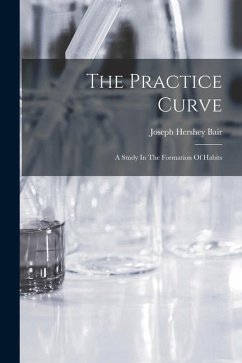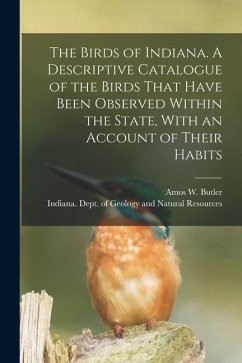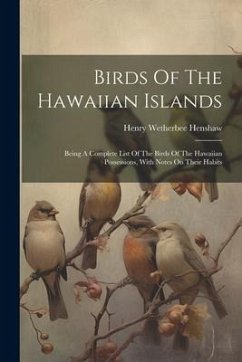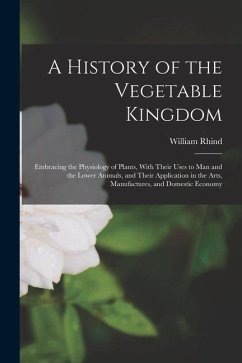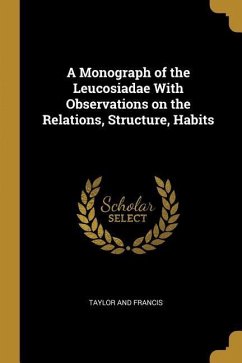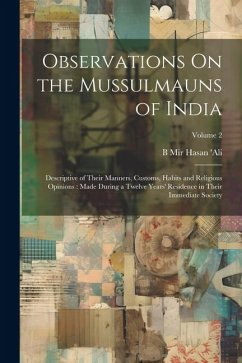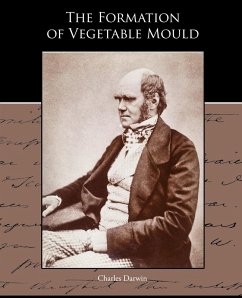
The Formation of Vegetable Mould through the action of worms with observations of their habits
Versandkostenfrei!
Versandfertig in 1-2 Wochen
18,99 €
inkl. MwSt.

PAYBACK Punkte
9 °P sammeln!
Charles Darwin was a British naturalist whose theory or evolution by natural selection became the basis of modern theories of evolution. Darwin shocked the Victorians by suggesting that humans and animals shared the same ancestry. The Origin of Species is his most famous work. Darwin established an evolutionary view of the world, which challenged contemporary beliefs about Divine Providence and the fixity of species. He also set forth the results of his pioneering work interdependence of species. The Formation of Vegetable Mould Through the Action of Worms often shortened to Worms is a study o...
Charles Darwin was a British naturalist whose theory or evolution by natural selection became the basis of modern theories of evolution. Darwin shocked the Victorians by suggesting that humans and animals shared the same ancestry. The Origin of Species is his most famous work. Darwin established an evolutionary view of the world, which challenged contemporary beliefs about Divine Providence and the fixity of species. He also set forth the results of his pioneering work interdependence of species. The Formation of Vegetable Mould Through the Action of Worms often shortened to Worms is a study of earthworms. While exploring earthworm behavior and ecology, the work continued the theme common throughout his work that gradual changes over long periods of time can lead to large and sometimes surprising consequences.





